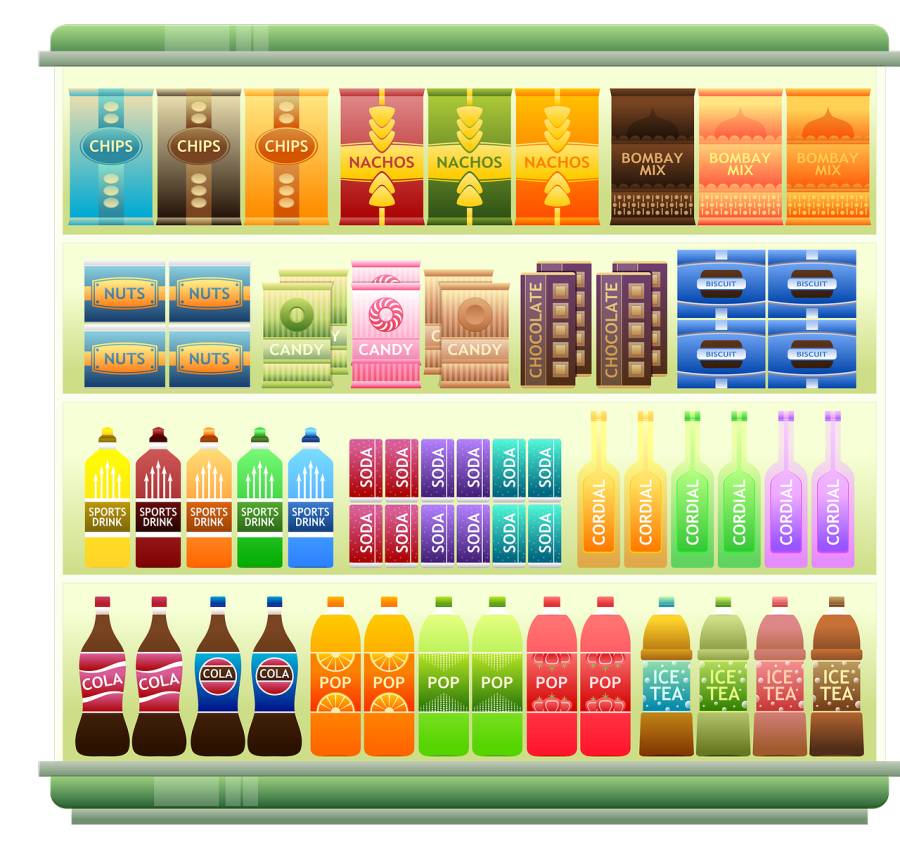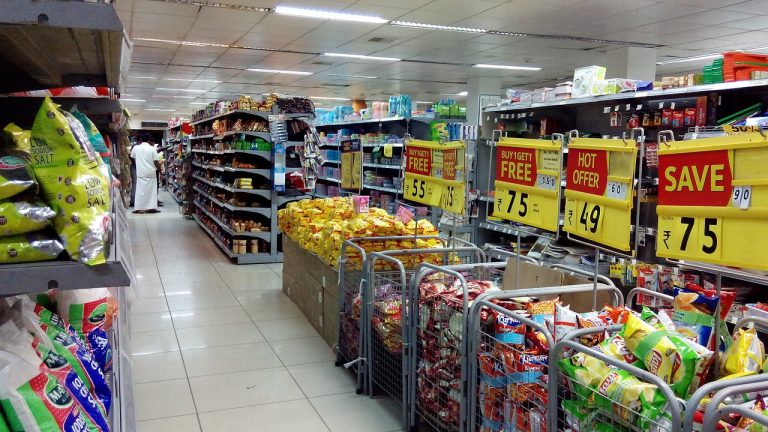Introduction to Inventory Management for Supermarkets
As a Nigerian supermarket owner, managing your inventory effectively is more than just keeping shelves stocked. Inventory management is the backbone of your business, ensuring you have the right products available when customers need them while minimizing waste and maximizing profits. For supermarkets, where fluctuating demand and seasonal trends can cause headaches, effective inventory management provides stability and growth potential. A study by the Food Marketing Institute highlights this: supermarkets with efficient inventory systems reduce waste by up to 25% and boost sales by 10%.
In Nigeria’s dynamic market, with its supply chain disruptions and shifting customer needs, inventory control is a key survival tool. By using real-time stock visibility, you can quickly respond to changes in demand, manage costs, and keep customers happy. Research by McKinsey & Company shows that advanced inventory management practices help businesses reduce costs by 15-20%. In short, when you invest in inventory management, you invest in the long-term success of your supermarket.
The Role of Inventory Management in Supermarket Profitability
Poor inventory management can be costly. Imagine the impact of expired goods, empty shelves, or unnecessary storage expenses on your margins. In a challenging market like Nigeria, smart inventory strategies become essential. Overstocking means more wasted perishables and storage costs, while understocking leads to lost sales and frustrated customers. Lumi Business’ Inventory Analytics tool can help you manage stock levels intelligently, cutting down on waste and avoiding the high costs associated with excessive inventory. This way, you’re not only saving on expenses but also boosting profitability by ensuring products are available when customers want them.
Essential Inventory Management Tips for Supermarkets
Staying organized with inventory can transform how your supermarket operates. Here are some practical tips to keep your stock in check:
- Regular Stock Counts: Regular inventory counts help you keep tabs on your stock and prevent discrepancies. With Lumi Business’ stock history feature, you can track changes and see which products move fastest. This insight helps you make better stocking decisions.
- Use Stock Alerts: For high-demand items, setting up stock alerts can prevent frustrating stockouts. Lumi Business’ Stock Alerts notify you when it’s time to reorder, ensuring essential items are always on hand.
- Categorize Products: Efficient product categorization, using tags or labels, speeds up checkout and helps staff locate items easily. For perishables, keep expiration dates in check and use a first-in, first-out rotation method to reduce spoilage.
By putting these practices into place, you’ll manage inventory like a pro, boosting both profitability and customer satisfaction.

The Benefits of Automation in Supermarket Inventory Management
Automation takes inventory management to the next level. Imagine having a system that tracks stock, sends reorder alerts, and even bulk restocks your shelves. Lumi Business provides tools like Bulk Restock and Automatic Restock Alerts, helping you keep stock levels optimal without the manual effort. A Nigerian supermarket owner who switched to Lumi Business automation saw remarkable improvements in stock control and order fulfillment. With these tools, you save time, reduce errors, and keep customers happy by ensuring they find what they need on your shelves.
Using Inventory Data to Optimize Product Selection
Data-driven decisions are essential for maximizing supermarket profits. Analyzing inventory data helps you identify which products to keep and which to replace. Lumi Business’ Inventory Analytics allows you to track trends, highlight slow-moving items, and prioritize top-sellers. By adapting to customer preferences and seasonal shifts, you can make stocking decisions that enhance customer satisfaction and boost your bottom line.
Managing Product Variants Efficiently
Managing product variations, like different flavors, sizes, or packaging, can be a challenge. If not tracked properly, these variations can lead to confusion and errors. Lumi Business’ Variant Management tool simplifies this process, allowing you to track and manage each product version accurately. With this tool, you avoid overstocking, reduce waste, and ensure your customers can easily find their preferred options.
Preventing Losses Due to Shrinkage
Shrinkage—caused by theft, damage, or administrative errors—can drain supermarket profits. Protecting your inventory with detailed tracking and regular audits is essential. Lumi Business’ Stock History and Reconciliation features monitor inventory movements, helping you detect discrepancies before they become costly. Routine audits and proactive stock management help safeguard your assets and improve your profit margins.
Balancing Supply and Demand: Avoiding Overstock and Stockouts
Keeping stock balanced is key to a well-run supermarket. Overstocking can tie up capital in unsold goods, while stockouts lead to disappointed customers and lost sales. Lumi Business’ Stock Alerts and Inventory Reconciliation tools help you maintain optimal stock levels by predicting demand and automating reordering. For example, during peak shopping periods, one Lagos supermarket used Lumi Business to prevent stockouts, ensuring customers found everything they needed. With balanced inventory, you minimize waste and maximize profits.
Supermarket Supplier Management
Managing supplier relationships is critical to maintaining a steady stock flow. Lumi Business simplifies this with features for tracking supplier performance. By staying proactive with suppliers, you reduce the risk of stock delays or errors, protecting your supermarket’s reputation and ensuring a consistent customer experience.
Leveraging Mobile Tools for Real-Time Inventory Updates
Mobile inventory management allows you to keep track of stock from anywhere, keeping your operations efficient and responsive. Lumi Business’ mobile app integrates with the inventory management system, letting you monitor stock levels, receive alerts, and make adjustments instantly. With real-time insights, you avoid stockouts, reduce errors, and keep customers satisfied, even if you have multiple store locations.
Conclusion: Why Every Supermarket Needs Strong Inventory Management
Strong inventory management isn’t just a business choice—it’s a necessity for growth and success in today’s competitive market. By reducing waste, improving customer satisfaction, and increasing profitability, effective inventory practices ensure your supermarket stays ahead. Lumi Business offers the tools you need, from Inventory Analytics to Bulk Restocking, helping you maintain optimal stock levels and streamline operations. With these tools at your fingertips, your supermarket can thrive, even in Nigeria’s dynamic retail environment. Embrace proactive inventory management to drive growth and make your business a go-to destination for customers.
